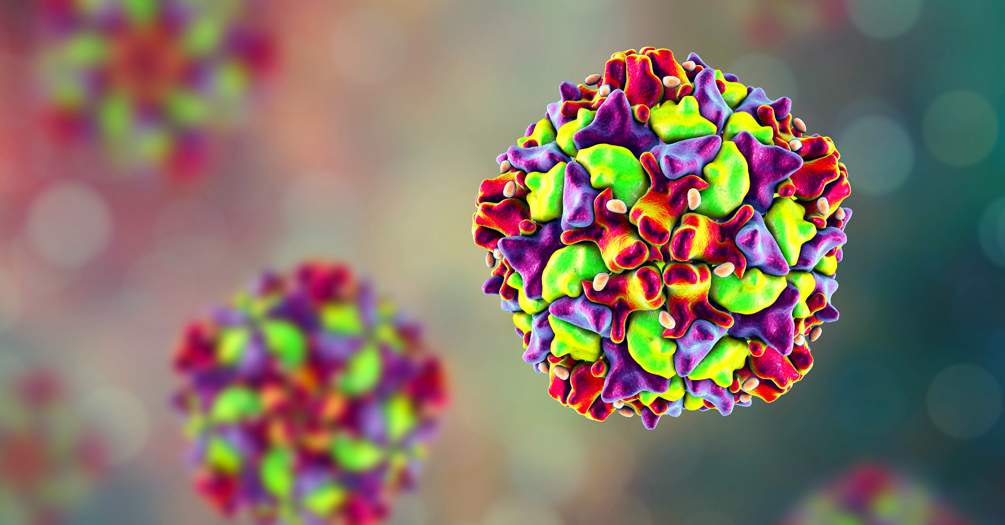
When the HIV/AIDS Epidemic Meets COVID-19
Claire Volkert, Jonethan James, Kourtney Young, Noreen Khan, Sydney Gurecki, and Bianca Ghita
The HIV/AIDS epidemic exposed how structural factors place individuals at an increased risk for infection, something we are seeing again today with COVID-19. Can lessons learned from the HIV epidemic help prevent us from making the same mistakes today?






